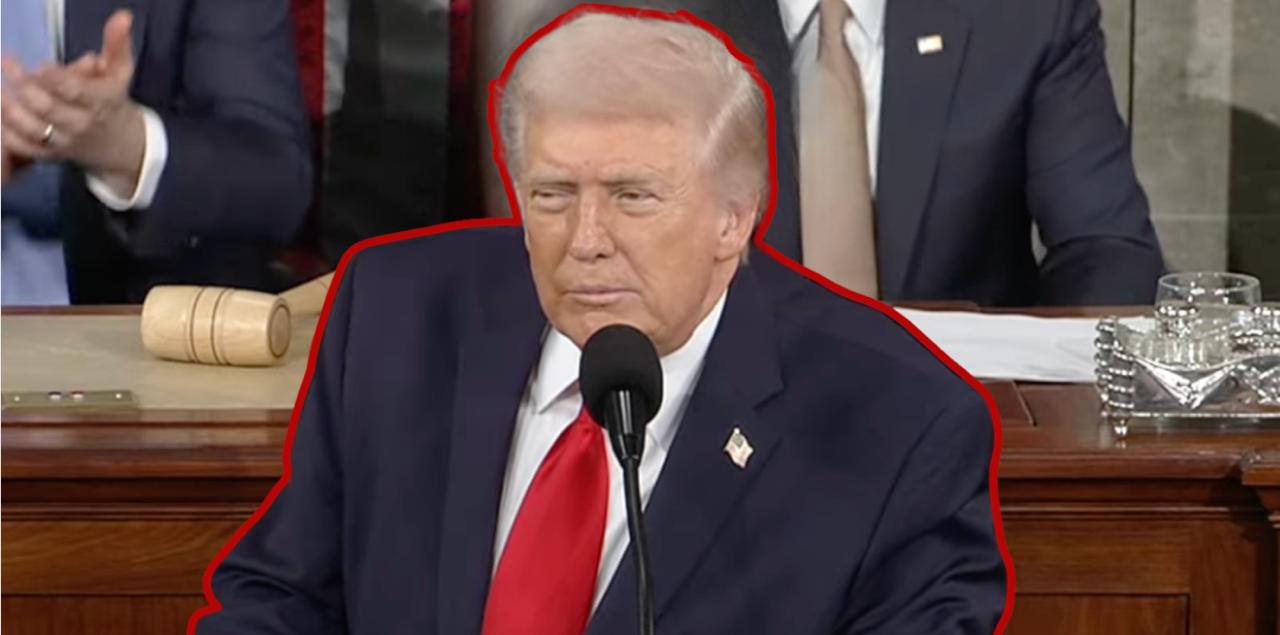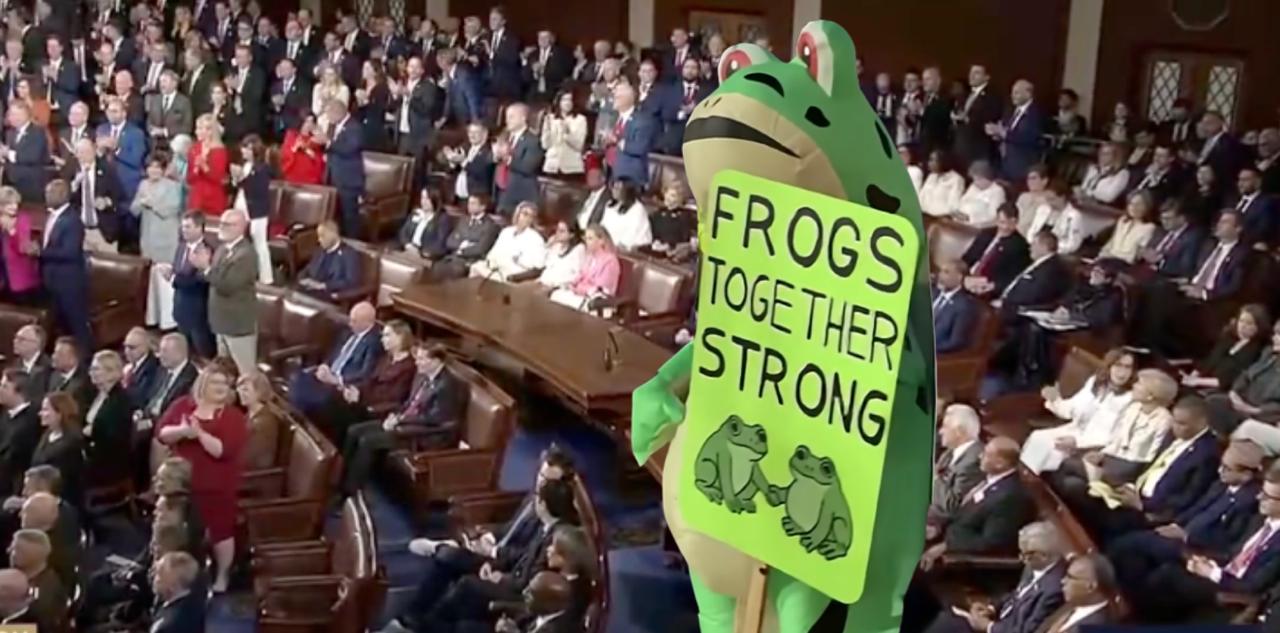Ping’s empty pot is a fitting symbol for China’s economy today. Despite Beijing’s attempts to artificially stimulate growth through interest rate cuts, cash injections, and other measures, the results are meager. The Chinese Communist Party’s central planning has created a façade of growth, but the underlying issues—a real estate crisis, spiraling unemployment, and a decaying industrial sector—are all too real. Meanwhile, Argentina, under the leadership of libertarian president Javier Milei, has taken a radically different approach, tearing down price controls and embracing free-market principles with real, tangible results.
China’s economy, long hailed as an unstoppable engine of growth, is now stumbling. The People’s Bank of China (PBOC) recently unleashed a series of emergency measures to stave off economic stagnation: cutting benchmark interest rates, lowering the amount of cash banks need to hold in reserve, and offering hundreds of billions of yuan in loans to buy stocks. The CSI 300 index, China’s stock benchmark, saw a temporary bump, but it’s down 2.3% this year and has lost a third of its value from its peak three years ago. The once-booming real estate market has also crumbled, with an $18 trillion loss in household wealth since 2021. Consumer confidence has cratered, and the country’s 5% growth target for the year seems increasingly out of reach.
Despite these efforts, economists worldwide, including those at Goldman Sachs, are skeptical. Beijing may tinker with interest rates, but the deeper problem lies in its rigid economic control, which stifles consumer confidence and corporate innovation. Central planning, like Ping’s boiled seed, can’t create real growth.
Argentina, on the other hand, is embracing a bold free-market agenda led by President Javier Milei. The stark contrast between Argentina’s new trajectory and China’s stagnation couldn’t be clearer. Milei has scrapped rent control laws that choked the housing market and lifted price controls that stifled business innovation. The result has been remarkable. Buenos Aires, once plagued by vacant apartments due to draconian rent control measures, is now seeing a rental boom. Supply has surged by 170%, and real prices of rental properties have dropped 40% when adjusted for inflation. This is a stunning reversal for a nation that had long been a poster child for economic mismanagement.
Milei’s reforms have also caught the attention of major investors like Elon Musk, who recently announced his interest in exploring opportunities in Argentina. With Milei’s deregulation, Argentina is becoming an attractive destination for industries like electric vehicles and energy. Tesla, for example, could benefit immensely from Argentina’s rich lithium reserves—vital for electric vehicle batteries—as well as the country’s growing renewable energy sector, which Musk’s companies could tap into for green energy solutions. If Trump gets elected, and hews to a strategy of only imposing tariffs on hostile nations who impose them on us, it’s not outside the realm of possibility we could see a free trade deal with Javier Milei’s Argentina; provided they have the good sense to reelect Milei.
Argentina’s newfound economic vitality under Milei contrasts sharply with China’s faltering growth. China’s debt-ridden, centrally controlled economy is trying to spend its way out of a crisis, while Argentina is slashing public spending and letting market forces take over. While the transition won’t be painless for every Argentine—some are grappling with rising costs—the long-term benefits of economic freedom are already emerging. Inflation, currently at a staggering 237%, is projected to fall to 18% next year, a sign that Milei’s reforms are starting to tackle Argentina’s fiscal nightmare.
China’s problem is structural. The PBOC may continue to lower rates and free up capital, but as long as its government maintains its stranglehold on industry and refuses to let the market operate freely, real growth will remain elusive. As the U.S. contemplates similar interventions in its own economy, it would do well to remember the lessons from these two countries. Price controls and central planning don’t work—they only create short-term illusions of stability while hollowing out the foundation for long-term growth.
Argentina, for all its past economic woes, is proving that free markets can provide the oxygen economies need to thrive. In Buenos Aires, landlords are putting apartments back on the market, consumers are finding better deals, and the real estate sector—once suffocated by state intervention—is breathing again. Meanwhile, China’s heavily regulated real estate sector is in free fall, dragging the economy down with it.
Ping’s story teaches us that when you try to force growth through artificial means, all you get is an empty pot. Argentina’s flourishing rental market and China’s stagnation show the same truth in economic terms. And you can try to lie all you like about the fake growth accompanied by government stimulus and the PBOC’s money printing; but sooner or later the truth will be revealed for all to see.





